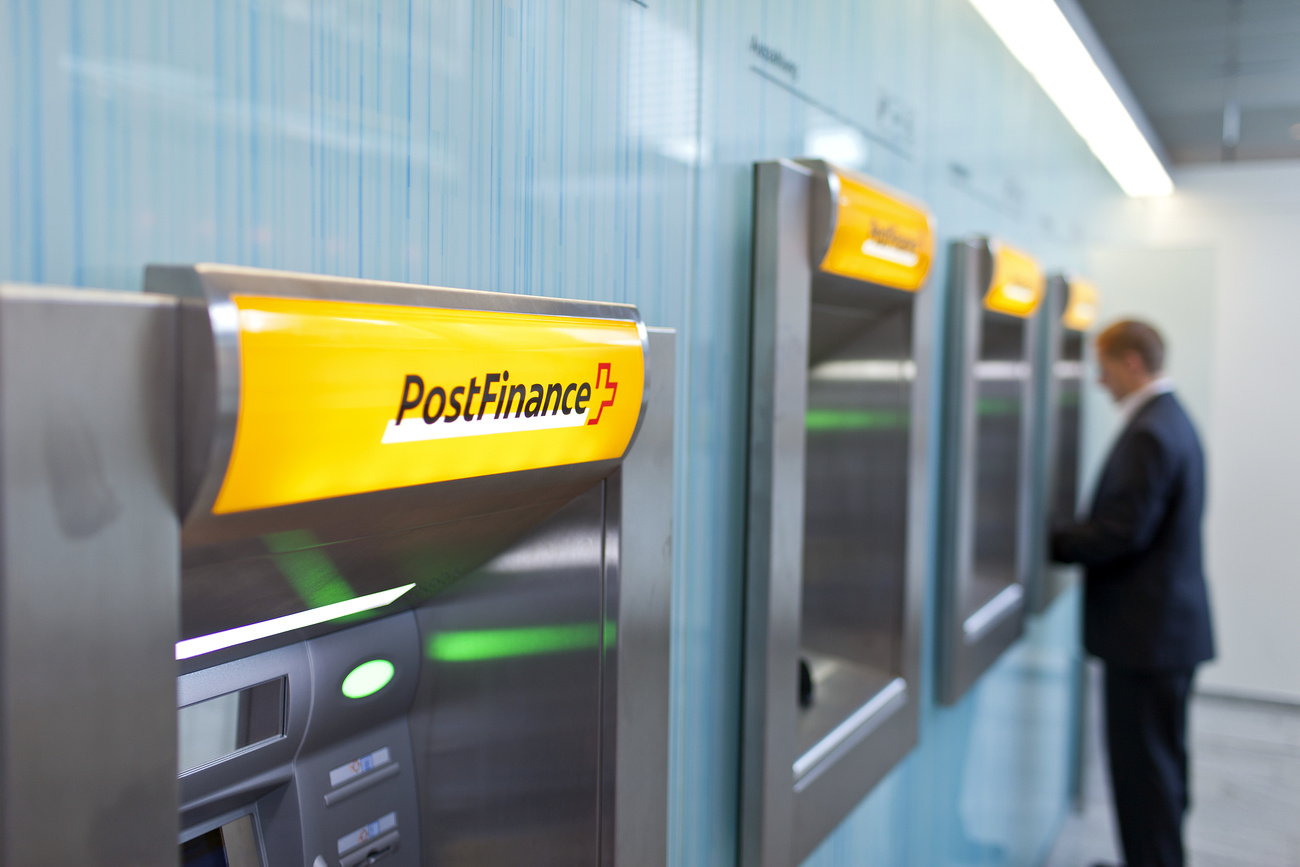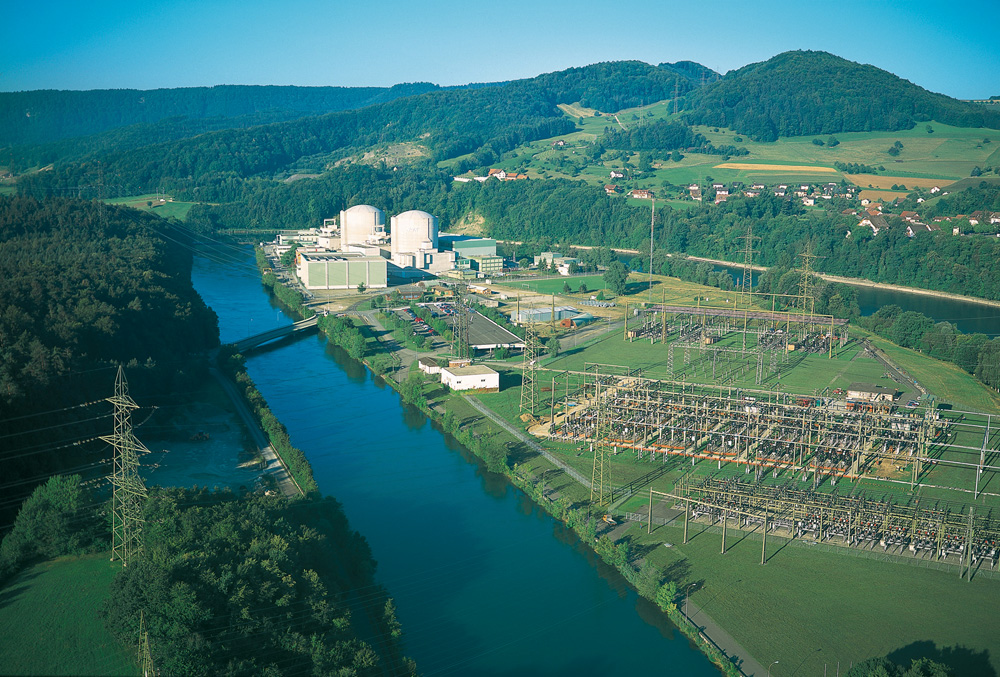Russian Arctic is more dangerous than the Soviet one

The detention of Greenpeace protestors in the Russian Arctic has made international headlines, but the organisation first started campaigning there more than 20 years ago. Attitudes were very different then, as a former activist told swissinfo.ch.
The activists on the last but one Greenpeace ship arrested in Murmansk were the first people to bring bananas to the northern city, at the request of the son of Russian ecologist Yelena Vasilyeva: children there had never tasted the exotic fruit before.
That was in October 1992. The Green movement was very young in Russia at the time, and was becoming trendy. The ecologists had been invited by the authorities in Murmansk, but in fact they had their own secret plan – which they didn’t in fact keep particularly secret: to collect information about radioactive waste dumped in the Kara Sea.
“I was the ship’s cook,” Andreas Freimüller, a former Swiss Greenpeace activist who was one of the members of the expedition, told swissinfo.ch.
“In Amsterdam I bought a large supply of food, enough for 30 people for three months, taking into account the weather and the fact we might have to land on an ice floe. And I also bought lots of boxes of bananas. They were just ripening as we got to Murmansk, and we handed them out to everyone who came to visit our ship.”
The Swiss section of Greenpeace was established in 1986. The main thrust of its work is combating nuclear energy and protecting the environment..
In 2012 the Swiss section received financial support from 161,000 people, who contributed a total of CHF24.4 million ($27.1 million).
Demonstrations have been held outside the Russian embassy in Bern in support of the detainees.
But the most spectacular action so far took place on October 1, when four Greenpeace activists lowered themselves from the roof of the Basel stadium during a Champions League match and unfurled a banner critical of Gazprom, which sponsors the League and the German club Schalke, Basel’s opponents.
Basel was fined €30,000 for shortcomings in its organisation of the match.
On secret territory
“We sent down a remote-controlled device to investigate possible dumping of nuclear waste in the sea. In the West there was a ban on the dumping of nuclear waste, but not in Russia,” Freimüller explained.
Trouble was inevitable: the area was protected not just by its harsh weather, but also by state secrecy: the only people with detailed maps of the locality were the military. So the outsiders were bound to violate some rule.
Freimüller recalls how the expedition ended. “The Russian border guards started shooting into the air, then they came on board and told us we were under arrest.”
At first he was frightened. “I had never before had anything to do with people shooting,” he explained.
“But we stayed on the ship. The only thing was that we were guarded by young border troops. We gave them food, and provided them with mattresses to sleep on, and lots of the ‘guards’ would have liked to stay with us permanently. The investigation was courteous, we remained on board throughout, and they soon released us.”
On October 24, 1992 President Boris Yeltsin signed instructions establishing a government commission ‘On the problem of the storage of radioactive waste’.
The Greenpeace activists regard that as their victory.

More
Fate of Greenpeace activists remains unclear
Unalloyed victory
The first time Greenpeace activists sailed into the Soviet Arctic was in the autumn of 1990. After giving the border guards the slip, four of them landed on one of the islands of the Novaya Zemlya archipelago on October 9, and attempted to approach the shafts where underground nuclear tests had been conducted. They collected soil samples and measured radiation levels.
All the members of the expedition were arrested, but they were released after a personal telegram from Mikhail Gorbachev: “The Greenpeace ship should be dealt with courteously and expelled from the territory of the USSR as quickly and with as little fuss as possible,” he said.
They left feeling triumphant, like heroes… A few days later the last nuclear test to be conducted by the USSR was held at the Novaya Zemlya site, and a year after that a moratorium was introduced on all nuclear tests. Another unalloyed victory, Greenpeace believes.
At the start of the great changes in the country, the ecological movement found a lot of support in Russia: the idea of protecting nature was in itself very progressive. It was a symbol of closeness to the West and of a new way of life. But subsequently disappointment set in: there are no ecological parties represented in the circles of power and they have no real weight in the country.
(Translated from Russian by Julia Slater)

In compliance with the JTI standards
More: SWI swissinfo.ch certified by the Journalism Trust Initiative









You can find an overview of ongoing debates with our journalists here . Please join us!
If you want to start a conversation about a topic raised in this article or want to report factual errors, email us at english@swissinfo.ch.